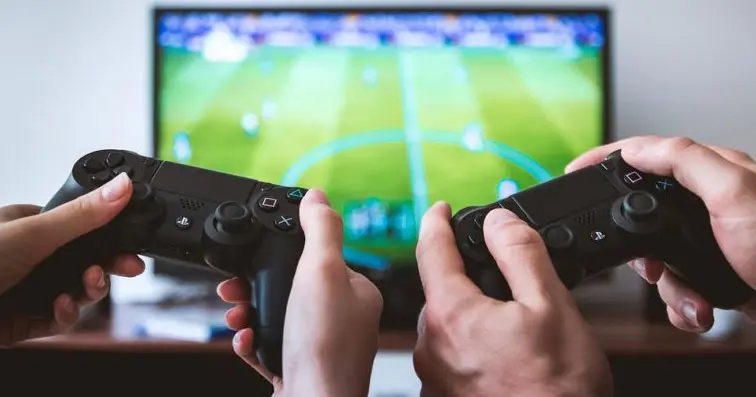Muscle Pain and Tendinopathy
Have You Got Gamer’s Thumb?
What Is Gamer’s Thumb?
Gamer’s thumb is the colloquial name given to a condition I have previously written about called De Quervain’s Tenosynovitis. This condition is not exclusive to gamers but also common during pregnancy, and post pregnancy when breastfeeding, as well as common in musicians. It is typically related to chronic overuse of your thumb and wrist and is seldom caused by a specific incident or accident. More often than not it is related to a repetitive load or stress on the thumb, such as may occur as the result of excessive playing of computer games.
Irritation to the synovial sheath surrounding the Abductor Pollicis Longus and Extensor Pollicis Brevis tendons where they cross over from the wrist to the thumb is the typical site of pain with gamer’s thumb. These tendons are surrounded by a synovial sheath which provides lubrication, nutrition and reduces friction to the tendons. Thereby assisting them in moving freely and avoiding irritation as they pass across moving joints.
Where Are The De Quervains Tendons? When lifting your thumb out away from your index finger you can easily visualize the Abductor Pollicis Longus and Extensor Pollicis Brevis tendons “popping out” towards the palm side of the thumb. This area where the tendons can be seen “popping out” is the common location where pain is felt with De Quervain’s Tenosynovitis and the site where potentially some creaking or swelling may also be present.
De Quervain’s Tenosynovitis And Gaming
Online gaming is far bigger than people like me who have never played computer games could ever imagine. A billion dollar industry where gamers will spend hours and hours playing without a break, often day after day, or night after night. Obviously if someone is spending hours a day hunched over a console staring at a screen then thumb pain isn’t going to be the only issue caused from all this gaming. Neck and back pain, as well as eye strain are also exceedingly common complains with gamers. Any thumb and wrist pain experienced is as a result of the quick, repetitive motions required when playing the games and usually comes on gradually over time rather than as a sudden onset of pain as would any associated neck and back discomfort.
Symptoms Of Gamer’s Thumb
The pain with Gamer’s thumb is often felt as quite a sharp, burning type pain in the area described above. Discomfort may extend up into the forearm involving the surrounding musculature. The pain can be significant enough to impair performance and ultimately require restricted playing time for it to settle. It is possible with De Quervain’s Tenosynovitis the individual may experience some, or all of the following symptoms:
- Pain with movement of the thumb or ulna deviation of the wrist (the movement of the wrist towards the little finger side of the hand).
- “Squeaky” sounds when moving the thumb (typically felt more than audibly recognizable) .
- Visible swelling at the base of the thumb. At times this swelling may spread further up the forearm towards the elbow (usually no further than around 10-15cm up the arm).
- Reduced pinch and/or grip strength often associated with pain testing or preforming similar lifting / gripping actions.
- A positive Finklestein’s Test, a special test for this condition where the arm positioned in the hitch hiking posture and then the thumb is tucked into the palm and a fist is formed by clenching around the thumb as the wrist is bent down towards the floor. A positive test in this situation is for the test to reproduce pain in the tendon area discussed above and is often associated with limited downwards movement of the wrist in this action when compared to the opposite side.
If you suspect you have gamer’s thumb then seeing a physiotherapist can help. Diagnosis typically doesn’t require any investigations and your physiotherapist can discuss with you your treatment options and assist you getting back to your gaming. At Sydney Physio Clinic De Quervain’s Tenosynovitis is a relatively common condition we treat in both our Sydney CBD and Randwick physio practices.
Disclaimer: Sydney Physio Clinic does not endorse any treatments, procedures, products mentioned. This information is provided as an educational service and is not intended to serve as medical advice. Anyone seeking specific advice or assistance regarding Have You Got Gamer’s Thumb? should consult his or her general practitioner or physiotherapist or suitably skilled practitioner.


